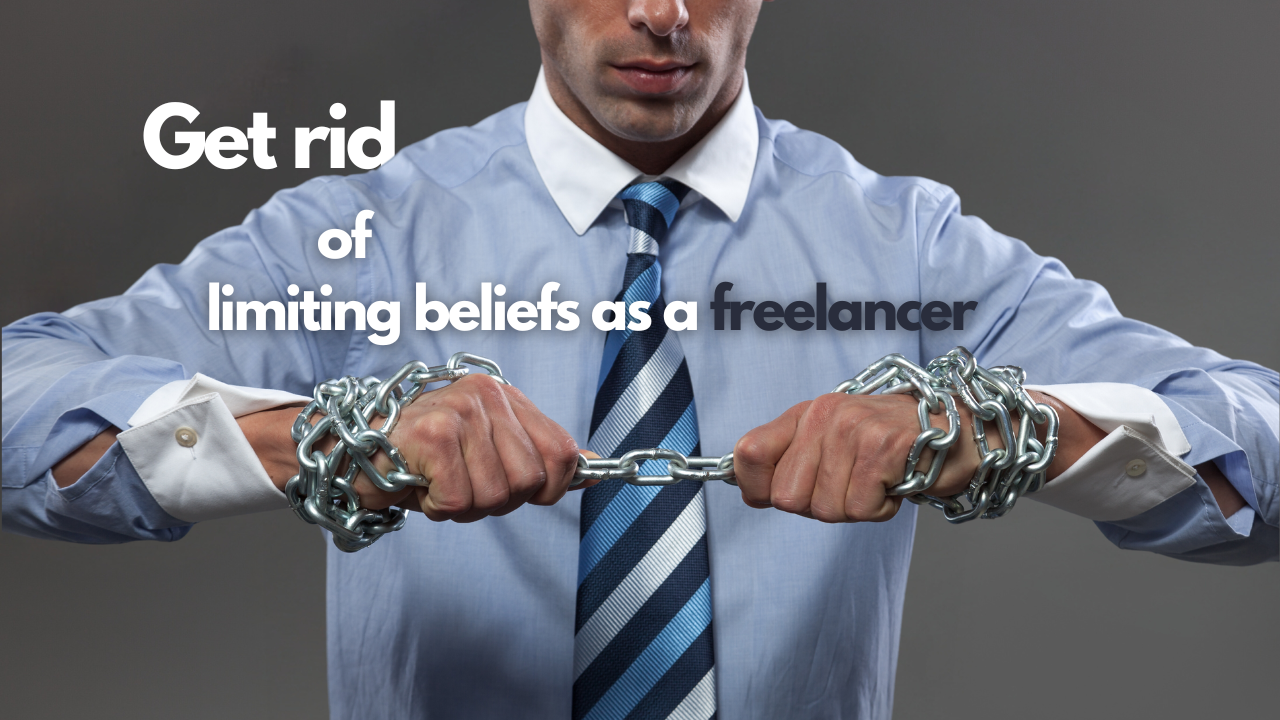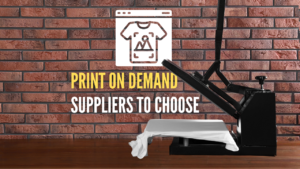
Whether in a personal or professional context, it’s common to doubt one’s capabilities. This doubt can be temporary or hinder progress on important matters. Advancing in personal goals or navigating the challenges of running your own business as a freelancer can be particularly challenging. So, how can you overcome the feeling of not being able to move forward? Have you ever heard of the term “limiting beliefs”? If not, take a moment to read this article – it will undoubtedly help you progress toward seemingly unattainable goals!
Limiting beliefs, what are they?
Before learning how to rid yourself of limiting beliefs, it’s crucial to define them. Limiting beliefs refer to false ideas that you are convinced are true about yourself, to the point of restricting your actions. You become convinced that achieving certain goals is impossible, limiting both your professional and personal life, even though there was nothing actually preventing you from succeeding.
Don’t panic; we all have limiting beliefs at different times in our lives. However, you don’t have to accept these limiting beliefs without learning to combat them. The most important thing for you is to learn to react appropriately to these thoughts, enabling you to evolve and progress without continually being slowed down by limiting beliefs that can hinder your growth.
Of course, it’s not simple because limiting beliefs gradually embed themselves in you until they convince you they are legitimate. They are just a perspective, but they cloud your perception and prevent you from stepping back to assess whether you are genuinely capable of achieving the desired goal to advance your business.
Now that you understand what limiting beliefs are, how can you get rid of them?
Understanding limiting beliefs
To effectively combat a limiting belief, it’s essential to understand how it operates. You’ve understood what it is, but how does it manage to anchor itself in you?
Simply put, due to a simple but repeated thought about a capability. You regularly tell yourself that you can’t do something because it will be too difficult, beyond your skills, and it will eventually become more and more significant, convincing you of your own lies. It is effortless to have a limiting belief about any element of your business, and it will be challenging to go back and understand that this thought is based only on your falsehood.
Several types of limiting beliefs can be distinguished:
- Limiting beliefs related to despair: in this scenario, you are convinced that achieving your professional goal is impossible, as if it were a fate against which it is futile to fight.
- Limiting beliefs related to helplessness: here, you feel you lack the skills and resources necessary to achieve the set goal. You will, therefore, consider yourself not up to the task, even though you genuinely want to succeed.
- Limiting beliefs related to devaluation: thoughts convince you that you do not deserve success, that if something good happens, it won’t be thanks to you or your work, and that you are not entitled to success.
It is common to face limiting beliefs that prevent you from progressing in your work, and this can harm your business. Don’t worry; I have solutions to help you get rid of these limiting beliefs!
How to fight against limiting beliefs?

So, how can you put an end to these limiting beliefs? By following a few steps!
- Identify limiting beliefs: this is an essential starting point to help you succeed. To find them, you will need to take the time to observe yourself without judgment and be willing to listen to encouraging people. For example, if you want to implement a professional project and think at the same time “but,” you are likely facing a limiting belief.
- Ask yourself the right questions: if you manage to find a limiting belief, you will need to start working to get rid of it. This begins with questioning. How did this thought come about? Why has it become so important? What fears are associated with this limiting belief?
- Work against these limiting beliefs: take the time to deconstruct your perspective to convince yourself of a new point of view. This will take time and a lot of effort, but it is entirely possible! Use examples from your experience, small professional successes showing that you are indeed capable, and focus on this concrete idea whenever a limiting belief tries to make you lose ground.
- Shape your way of thinking: if you think of a limiting belief, try to change your perspective by being positive. Take the time to implement small motivating and straightforward actions to achieve personal victories. Each success will help distance the limiting beliefs, inspire you to go even further. With a little time, limiting beliefs will lose much of their power, and you will feel more confident, capable of advancing in your business.
- Develop your perception: give importance to every success to focus on the positive. This will help you believe in yourself, evolve professionally to grow your business, and it will be much more challenging to convince you of the truth of a new limiting belief.
There is no inevitability in having limiting beliefs in your business! Take the time to identify them to act properly to get rid of them. It is essential to take care of yourself to see yourself positively, highlight your skills, and your ability to succeed, and this will soon be felt in your business!
All entrepreneurs have limiting beliefs!
In entrepreneurship, I often identify limiting beliefs among my clients. For example, a client repeatedly mentioned not having time to find new clients, and her income was plateauing due to a lack of prospecting.
After ensuring that the person genuinely wanted time for prospecting and making her aware of the consequences of continuing with her current organization, I checked her motivation to change her approach. We then implemented an action plan to free up time and optimize it for prospecting. After several tests, we assessed: what works? What is useful? If an action doesn’t work, are you willing to let it go?
The most extended part was not testing different prospecting strategies. The most challenging part was making her realize that change was necessary. Only once we stop making excuses can we begin to take action.
Another recurring belief among women entering entrepreneurship is the “Impostor Syndrome” or the fear of not being “up to the task.”
I then ask them:
“To the level of what do you want to be?” “What is this famous level?”
Once the desired state is described, I explore with them:
“Is your environment suitable for achieving this state?” “Is your behavior suitable for this desired state?” “Do you think the strategies you are implementing to achieve it are correct?” “Is it in line with your values?” “Does it correspond to what you want to be as a person?” “Once this desired state is achieved, will it contribute to giving meaning to your life?”
And you, do you also have limiting beliefs? Any mental blocks?
Have you thought:
- He said that because…
- Others won’t understand
- I won’t be able to do it
- I’m too old/young to do that
- I don’t deserve this opportunity
- Even if I try, it won’t change anything
- You’ll resent me
- I’m just like everyone else
- I’m not like others
- No one can understand
So, what should you do to get rid of a limiting belief? A mental block?
First of all, congratulations, because reading this article shows that you are asking the right questions, which is the first step to eliminate limiting beliefs!
Ready to take action! Take a pen and paper and answer the following questions:
Here are the 9 questions to ask yourself to identify a limiting belief!
- What is this limiting belief that holds me back?
- Why do I believe this?
- Where did I get it from?
- How long ago did I decide to believe it?
- How is this belief useful to me?
- What are the advantages and disadvantages of believing this?
- Does this belief give me energy, or does it take it away?
- Are there times when the opposite is true?
- Are there counterexamples to my belief?
- If this belief has more disadvantages than advantages for me, what other positive and helpful belief could I adopt instead?
This is how, by gradually changing our internal dialogue, we manage to alter our beliefs. However, it’s essential to note that this requires energy, time, and perseverance since some beliefs are deeply rooted in our brains!





